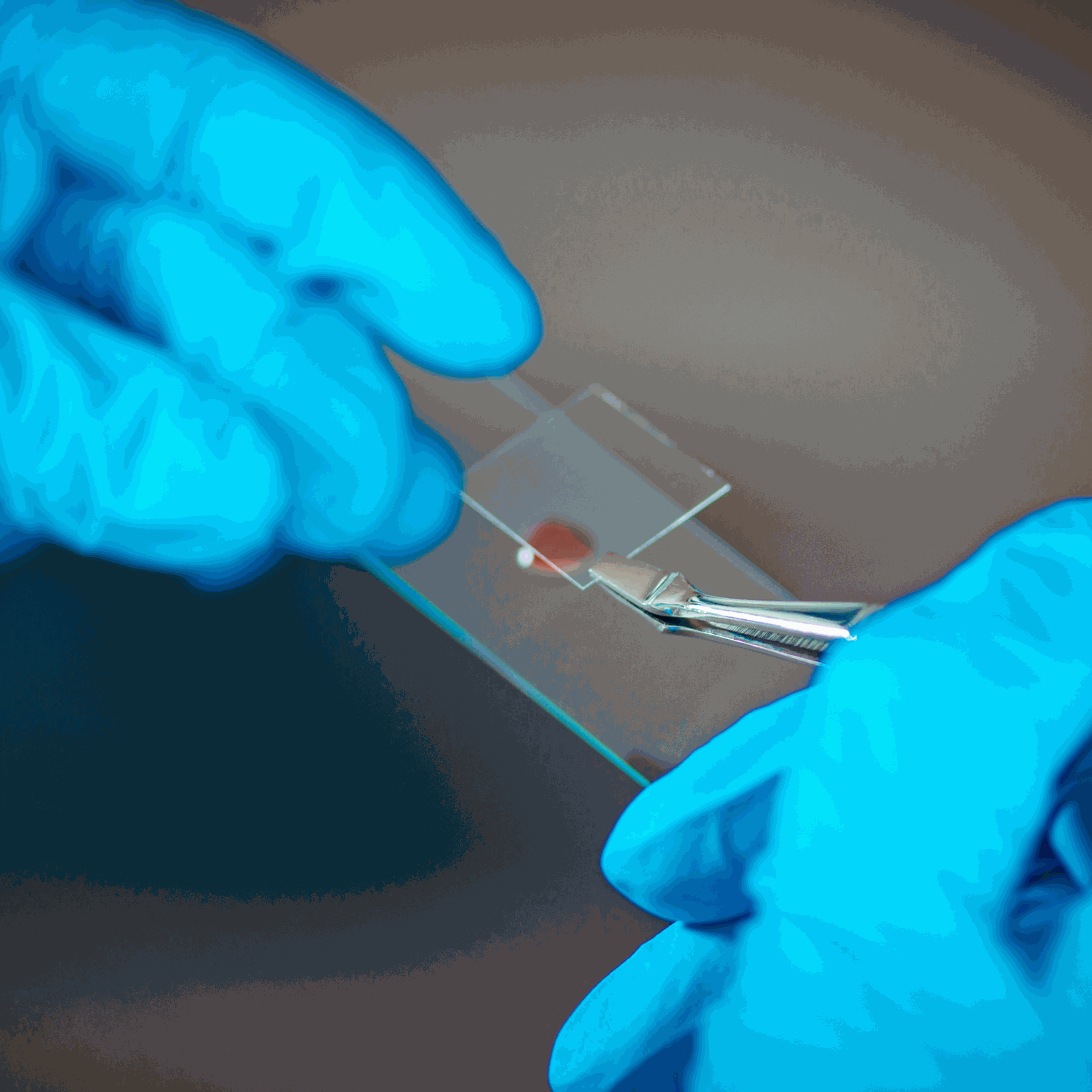Cancer continues to be the leading cause of death in dogs. At the status quo, available treatment options are scarce, especially when dog are diagnosed with a late-stage or terminal illness. But, in a recent study from the NUS Center for Cancer Research (N2CR) Translational Research Program (TRP) at the Yong Loo Lin School of Medicine, National University of Singapore (NUS-Medicine) discovered a novel form of chemoimmunotherapy that shows promise as a treatment to improve the lives of terminally ill dogs.
Associate Professor Too Heng-Phon from the N2CR TRP together with his team created a study where Mesenchymal Stem Cells (MSCs) are modified via stem cell precision engineering technology, to seek out cancerous tumors. These modified cells contain a potent ‘kill-switch’ (cytosine deaminase) that can create a high, localized concentration of a cancer-killing drug (5-fluorouracil) in the tumor environment and subsequently induces anti-cancer immunity.

The technology developed by NUS Medicine was first tested on canine patients in Singapore in 2018, in a collaboration with Dr. Jean Paul Ly, Chief Executive Officer and Founder of Animal Wellness. The team administered the therapy to 65 dogs, as well as two cats, that are diagnosed with perianal adenoma, lung metastasis, and sarcoma. The patients first received the precision-engineered MSCs through direct tumor-site injections or through the bloodstream, followed by the ingestion of oral pills containing a drug commonly used to treat fungal infection (5-flucytosine), over a few days to a week.
Treatment turnout over a duration ranging from three to eight weeks showed 56 with signs of positive response, including 14 who presented full recovery from the treatment.
Furthermore, two animal patients remain cancer-free, at least 30 months post-treatment, while 46 patients showed a good quality of life over two to 32 months, with the treatment. No significant side effects were observed during the course of the treatment, possibly associated with the localized presence of the therapeutic cells which remain within the tumor environment.
For the past decade, there has been a massive lag in the development of oncology therapies for animal patients. It was only in 2009 that generic human chemotherapy medicines on an off-label basis were used for animals as there were no animal-specific anti-cancer agents approved by the U.S. Food and Drug Administration (FDA) yet.
“Therapies and advances in allopathic medicine are usually developed primarily for humans before they are applied to animals. As part of the trials for this study however, dogs with cancer with no other viable treatment options available are the primary receivers of the therapy—and many of them showed promising results with an improvement to their quality of life. Hopefully, the therapy can become one of the standard options available to dogs in the near future, so that more patients can benefit from it.", says Dr. Lee Yee Lin, Founder, and Head Veterinarian, of Gentle Oak Veterinary Clinic in Singapore.

Current research effort of the team is centered on reviewing the therapy’s safety and efficacy for veterinary medicine. Such is in collaboration with various local and global health institutions were plans for clinical trials on human patients are being discussed, especially for those patients in Singapore and the Asia Pacific region. These are expected to begin in 2024.
Read the full story here.
Change is coming for Canine Oncology in the near future. AIV-Vet supports this advancement by providing veterinary facilities with services to extend the life of their medical equipment via low-cost patient-ready infusion pumps, infusion pump repair services, and infusion pump accessories. AIV also supplies equipment for clinics that carry out CRI treatments. We help reduce downtime and increase the quality of patient care.
Looking for a way to extend the life of your infusion pump? Get the 10 free tips below and make your vet practice more profitable.